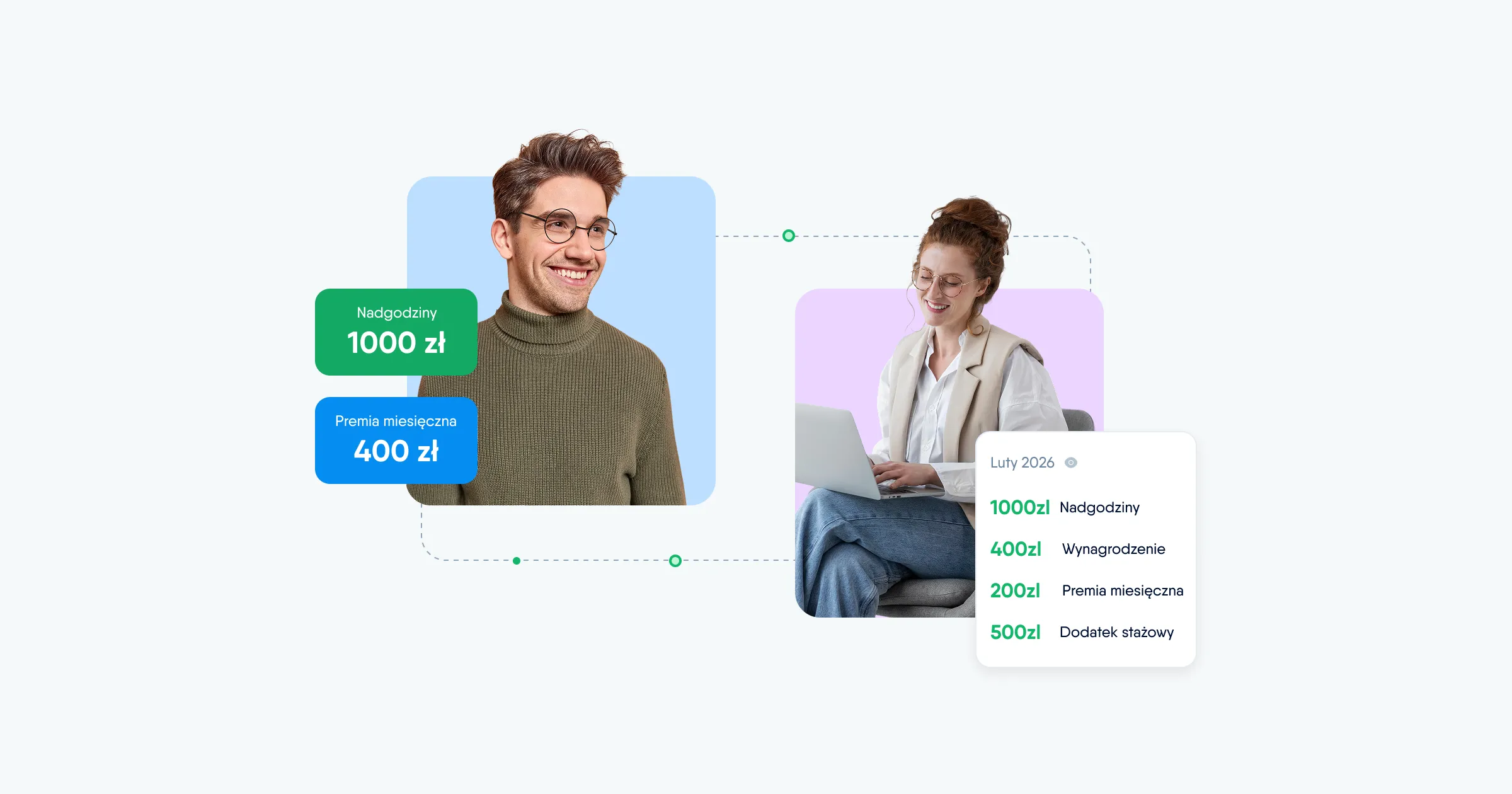Structured interview
What is structured interview?
What is a structured interview?
A structured interview is a technique used in job interviews where the recruiter asks all candidates the same set of pre-prepared questions. This approach ensures that all interviews follow a consistent format, making it easier to compare candidates' responses.
Characteristics of a structured interview
Key features of a structured interview:
- Standardized questions: Each candidate is asked the same questions, allowing the interviewer to compare responses more objectively and reduce any randomness or inconsistencies in the interview process.
- Evaluation based on specific criteria: Candidates' answers are assessed using predetermined criteria, which help minimize bias and favoritism. Clear evaluation guidelines enable the interviewer to more accurately assess each candidate's skills and qualifications.
- High consistency: The process is standardized, ensuring that all candidates have a similar experience, which helps protect the company from claims of bias or discrimination.
💡 Interviews can vary in their degree of structure. Candidates may receive the same questions in the same order or in a different sequence. To add depth and a more personalized touch to the conversation, the semi-structured interview technique is often used. In this approach, in addition to the standard set of questions, follow-up or probing questions, usually open-ended, are asked to explore certain topics further.
Benefits of a structured interview
A structured interview offers advantages to both the company and the candidates.
✅ Objective evaluation: With pre-determined questions, everyone is assessed according to the same criteria, which reduces the risk of bias and promotes fairness.
✅ Clear, comparable responses: Standardized questions make it easier to get clear and consistent answers, helping to identify the candidate who best meets the job requirements.
✅ Better analysis of candidates: By using a structured interview, it's easier to gather and analyze data about each candidate’s skills, allowing for a more thorough evaluation.
✅ Time efficiency: Structured interviews are shorter and more efficient than unstructured conversations, enabling the quicker collection of necessary information. This helps streamline the hiring process, leading to quicker filling of vacancies. Candidates also appreciate the focused nature of the interview, as they avoid spending time on irrelevant topics.
How do you prepare a structured interview?
To make a structured interview effective, proper planning is essential.
- Define selection criteria: Identify the key skills and attributes that are most important for the role.
- Develop core questions: Based on the chosen criteria, create several key questions that address various aspects of the job, such as technical skills, interpersonal abilities, and cultural fit. These can include situational questions (e.g., “Tell me about a time when…”) or behavioral questions (e.g., “How did you handle…?”). The questions should be clearly worded to ensure candidate responses are comparable.
- Create a scoring system: Prepare a rating scale (e.g., from 1 to 5) to assess candidates’ answers in a consistent and objective way. This will enable you to gather concrete data for comparative analysis of all candidates.
Challenges of a structured interview
Despite its many benefits, a structured interview can present certain challenges.
❌ Requires detailed planning: The interview must be carefully planned to ensure consistency and effectiveness.
❌ Training is necessary: Interviewers must be trained to ask questions in a neutral manner, without leading candidates toward specific answers.
❌ Limits interviewer flexibility: The structured format can restrict recruiters' ability to adapt creatively to situations that may call for a more flexible approach.
❌ Can be stressful for some candidates: The rigid structure may cause certain candidates to feel anxious, which can affect their performance.
❌ Overemphasis on specific criteria: Interviewers may focus too heavily on assessing technical knowledge and cultural fit, leaving little time to evaluate candidates' personalities or other strengths.
Can an HR platform help conduct structured interviews?
The PeopleForce HR platform can significantly streamline the process of conducting structured, semi-structured, and unstructured interviews.
- With PeopleForce, you can easily create and post job listings across multiple job boards. The platform also allows you to efficiently process incoming applications and automatically generate candidate profiles in the Recruit module.
- Using AI algorithms and various filters, you can quickly identify candidates with the desired skills and qualifications. Communication with applicants is simplified through pre-made email templates and the ability to send bulk messages to multiple candidates simultaneously.
- An integrated calendar, which can sync with Microsoft and Google calendars, helps you manage interview schedules seamlessly. Recruit module features like adding notes to candidate profiles, rating candidates, moving them through the recruitment funnel, and using analytical tools, make your recruitment team's work more efficient.
- You can thoroughly plan interview structures, prepare tailored questions for specific job openings, and even conduct screening tests. The platform will automatically identify the best candidates to advance to the next stage.
- PeopleForce also enables the storage and analysis of interview data, helping you identify top candidates with ease.
By combining various interview techniques with our automated tools, you can accelerate your recruitment processes and improve efficiency across your company!

